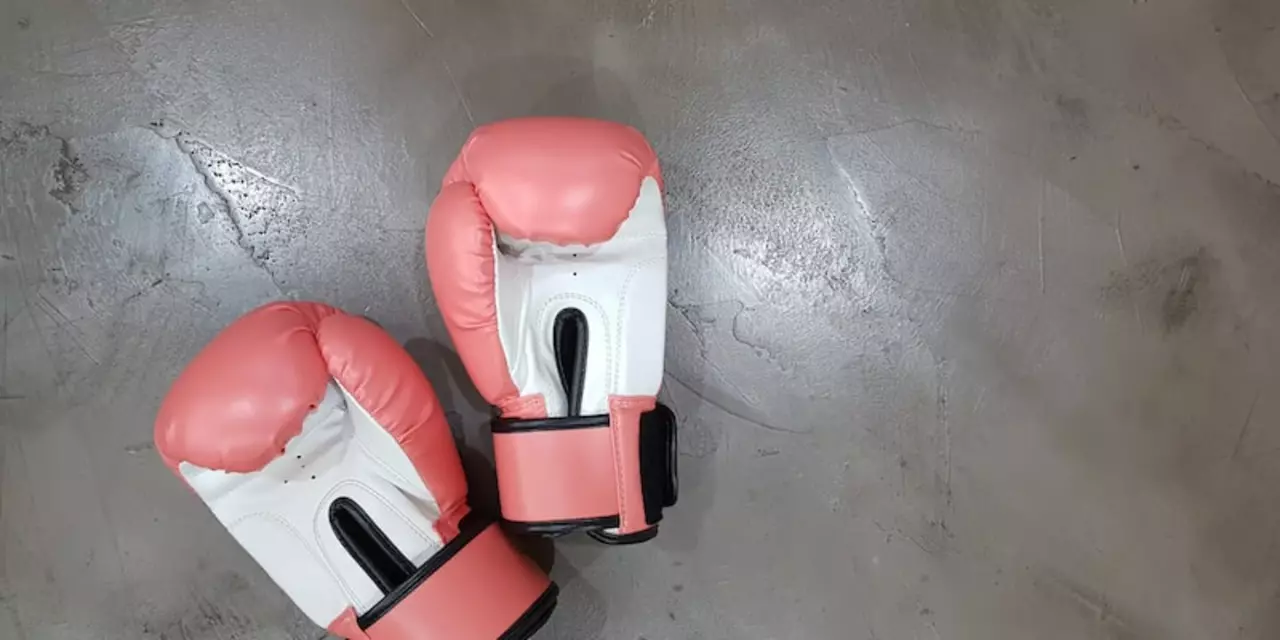The article discusses the possibility of certain popular sports becoming extinct in the future. It looks at the various factors that could contribute to this, such as a decrease in public interest, financial struggles, and changes in technology. It also examines some of the potential sports that could be the first to go, such as cricket, horse racing, and rugby. Finally, it suggests that the sport that is most likely to die out first is likely to be one that is less popular and has fewer resources available. In conclusion, it is possible that certain sports may die out in the future, but it is not possible to predict which sport will be the first to go.
Extinction – A Clear Look at What It Really Means
When we talk about extinction we’re talking about a species disappearing forever. It’s not just a headline; it’s a real event that can change the balance of an entire ecosystem. Think of a puzzle piece that’s missing – the picture never looks the same. Whether it’s a tiny insect or a massive animal, once the last individual dies, that line of life ends. Understanding the basics helps us see why protecting wildlife matters, and it gives us a starting point for action.
Why Species Go Extinct
There are a handful of main reasons a species can vanish. Habitat loss tops the list – when forests are cut down or wetlands drained, animals lose the places they need to live and find food. Over‑hunting and illegal trade add pressure, especially for species prized for their fur, horns, or meat. Climate change shifts temperature and weather patterns, making old habitats unsuitable. Pollution, like plastic in oceans or chemicals in rivers, can poison animals or ruin breeding grounds. In many cases, several of these factors combine, creating a perfect storm that pushes a species over the edge.
How Extinction Affects Our World
When a species disappears, the ripple effect can be big. Every animal plays a role – some pollinate plants, others control pests, and many help recycle nutrients. Lose one, and the whole system can wobble. For example, dropping a top predator can cause smaller animals to explode in number, which may then over‑eat plants and cause soil erosion. Humans feel the impact too: loss of pollinators can reduce crop yields, and the disappearance of fish species can hit food security. So extinction isn’t just an environmental issue; it’s a human issue.
Simple Steps to Help Stop Extinction
You don’t need a PhD to make a difference. Start by buying products that are certified sustainable – think FSC wood, MSC seafood, or organic produce. Reduce waste, especially plastic, because litter ends up in habitats worldwide. Support local conservation groups with donations or volunteer work; even a few hours a month helps. When you travel, choose eco‑friendly tours that respect wildlife and avoid souvenirs made from endangered species. Finally, spread the word. Talking about extinction with friends and family builds awareness and can lead to bigger community actions.
Extinction is a serious problem, but it’s not hopeless. By understanding why it happens and how it hurts us all, we can take practical steps to keep species alive. Small choices add up, and together they create a stronger front against the loss of life on our planet.
